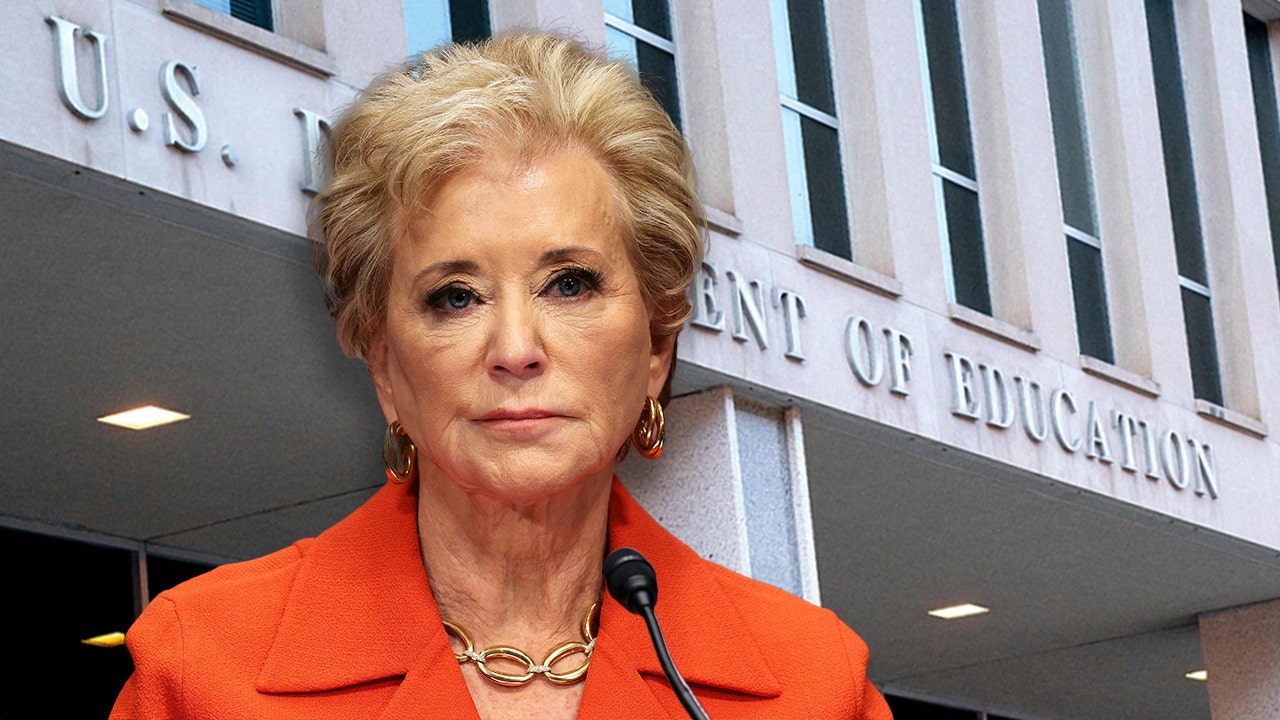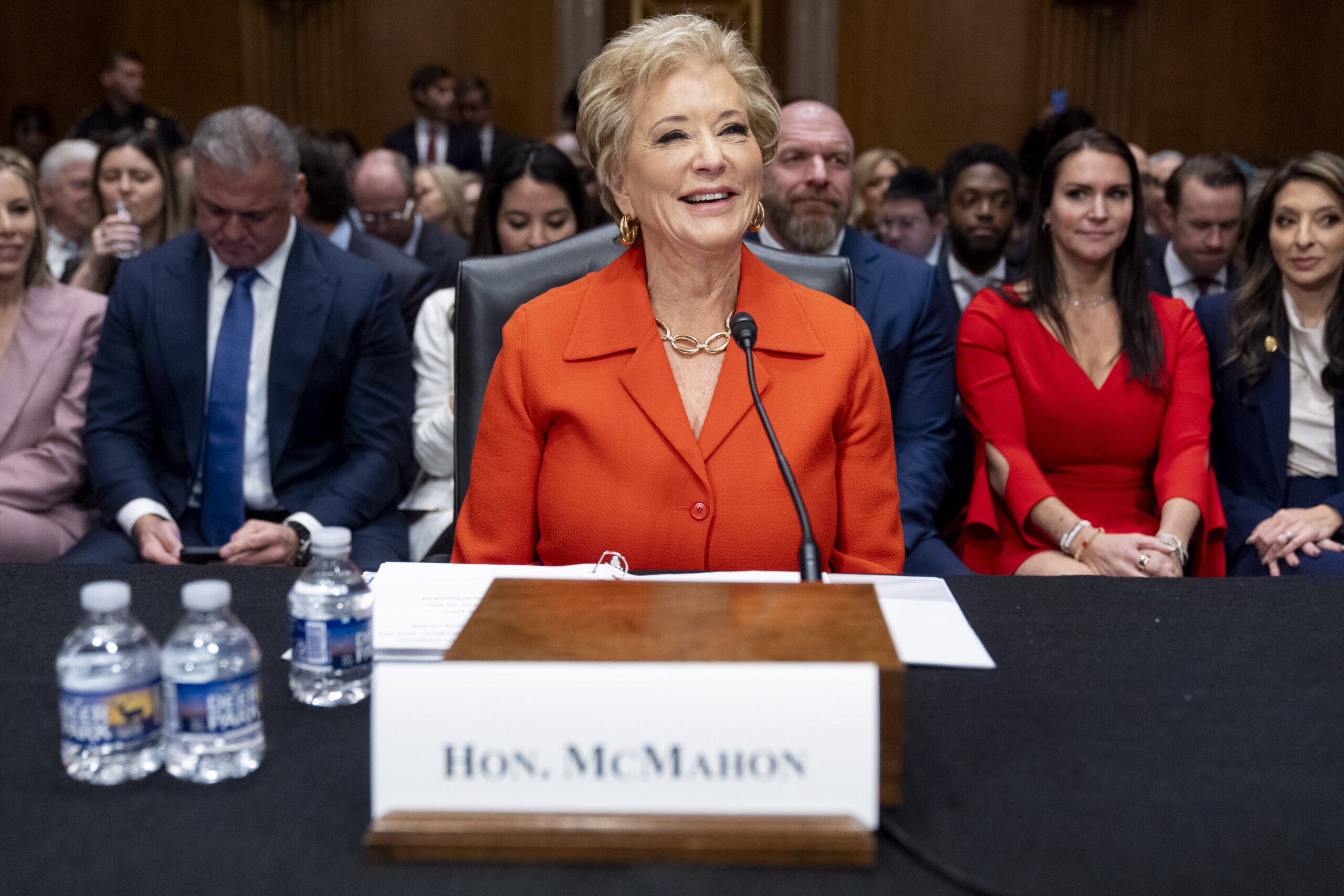Last week Kump Education Center hosted local teachers for training sessions on how to help students with a math learning disability called “dyscalculia.” The presenter was Dr. Honora Wall who earned an Ed. D. degree from Concordia University Chicago and has written several books including one on math assessments for kindergarten and one on math games parents and teachers can play with children.
She serves as a teacher, tutor, speaker and writer. She has offered workshops for teachers across the United States on dyscalculia. Her presentations made me realized that this country has much more research for the teaching of reading than for teaching mathematics. We need to identify dyscalculia earlier to help students cope with it. This problem may be one reason American students are so far behind other developed countries on math assessments, and dyscalculia deserves attention for several reasons.
We must to realize that Asian countries are doing much better on math tests given by the Program for International Student Assessment [PISA]. In 2018 the top five countries were China, Singapore, Macao, Hong Kong, and Taiwan. All these countries are influenced by Chinese culture where children have used the abacus for hands-on calculating for centuries, and they also work more often with various numbering systems using different base numbers besides base 10.
We have a long way to go to compete with China, but we could learn a good deal from our northern neighbors. Students from Canada placed 12th on their PISA math scores while those in the United States placed 37th. Since we speak the same language and share a border with Canada, we might benefit from researching what math teachers are doing in Canada that we could do in the USA. One way or another, it is time to give more attention to what parents and teachers can do to help students learn math.
On the National Report Card the 8th graders in West Virginia tied with students in Louisiana for 48th place in the United States. This local need for better math training was the primary reason Kump Center invited Dr. Honora Wall to share her findings on dyscalculia with Randolph County teachers.
Researchers estimate that dyscalculia affects 8%-10% of learners, which could be as many as 400-500 students in Randolph County. Students who have dyslexia or dyscalculia may be very intelligent, but they cannot be “cured” of this disability. However, they can learn to cope with their disability if they have parents and teachers who understand the problem and offer support. Students with dyscalculia are the students who benefit most from having a calculator, and they should be encouraged to use them.
Dr. Wall’s workshop was helpful for the teachers who attended and learned how to reach out to students and make math less stressful for kids with dyscalculia. We hope local teachers who attended this training will return to school and share the ideas they gained with others in their schools. This sort of professional development for teachers is one of the most important ways Kump Center can enhance teaching and student learning in public schools. More attention should to be given to research on the teaching of mathematics so that students will become better able to compete in the world market place.





















Discussion about this post